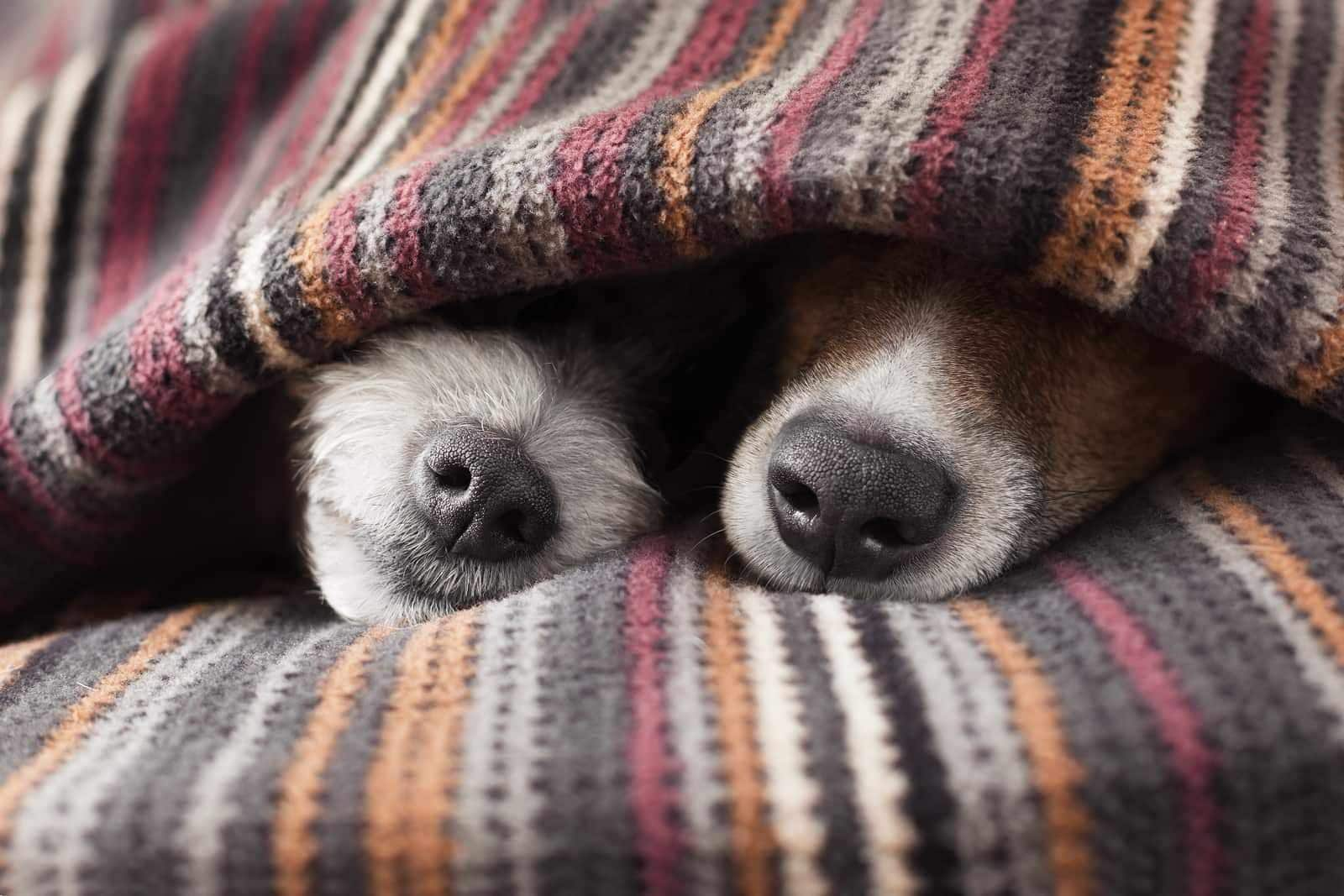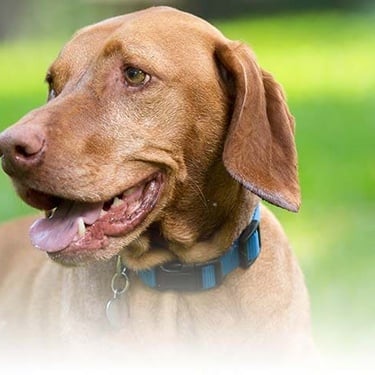
-
Find the right food for your petTake this quiz to see which food may be the best for your furry friend.Find the right food for your petTake this quiz to see which food may be the best for your furry friend.Health CategoryFeatured products
 Adult Oral Care Small & Mini Chicken, Rice & Barley Recipe Dog Food
Adult Oral Care Small & Mini Chicken, Rice & Barley Recipe Dog FoodClinically proven kibble technology to reduce plaque & tartar build-up, specially designed for small & mini dogs
Shop Now Adult Small Bites Chicken & Barley Recipe Dog Food
Adult Small Bites Chicken & Barley Recipe Dog FoodSupports lean muscle for dogs who prefer smaller kibble
Shop Now Adult 7+ Small Bites Chicken Meal, Barley & Rice Recipe Dog Food
Adult 7+ Small Bites Chicken Meal, Barley & Rice Recipe Dog FoodSupports energy level and beautiful coat in mature dogs who prefer smaller kibble
Shop NowFeatured products Adult 7+ Tender Tuna Dinner Cat Food
Adult 7+ Tender Tuna Dinner Cat FoodWith delicious chunks in a decadent gravy
Shop Now Adult Chicken & Spinach Casserole Cat Food
Adult Chicken & Spinach Casserole Cat FoodWith delicious chunks in a decadent gravy
Shop Now Sensitive Stomach & Skin Chicken & Beef Dinner
Sensitive Stomach & Skin Chicken & Beef DinnerGourmet daily nutrition, carefully made. Tasty chunks with chicken & beef in a decadent gravy. Supports digestive health, nourishes skin and promotes a lustrous fur.
Shop Now -
DogCat
- Cat Tips & Articles
-
Health Category
- Weight
- Skin & Food Sensitivities
- Urinary
- Digestive
- Kidney
- Dental
- Serious Illness
-
Life Stage
- Kitten Nutrition
- Adult Nutrition
Featured articles Water
WaterWater is the most important nutrient of all and essential for life. Animals can lose almost all their fat and half their protein and still survive, but if they lose 15% of their water, it will mean death.
Read MoreHill's Australian Bushfire EffortsRead More Pet Food Storage Tips
Pet Food Storage TipsWhere you store your cat and dog food can make a big difference in the quality and freshness once it is opened. Here are some common questions and recommendations for optimal storage for all of Hill’s dry and canned cat and dog food.
Read More -


Have you ever thought "my dog sleeps all day. Wish I could, too!" Dogs do sleep more than humans, and although we may get a little jealous of our pups' luxurious five-hour napping habits, it's important to understand why dogs sleep so much and know what excessive sleeping in dogs really looks like.
How Much Sleep Does My Dog Really Need?
When hanging with other pet parents, you may be curious if their dog sleeps all day, too. Unfortunately, comparing what your dog does to another dog's habits may not be the best way to gauge what is normal. How much sleep your dog needs depends on many factors: age, breed, activity level, and environmental conditions.
If your dog generally sleeps between 12-14 hours a day, you likely have nothing to be concerned about, according to the American Kennel Club (AKC). However, if your dog is sleeping over 15 hours a day, you should pay close attention to how your dog behaves while awake. If he seems lethargic or disconnected to people and other pets, it's time to visit your veterinarian.
Take environmental changes into consideration when it seems like your dog is sleeping more than normal. Small changes in your dog's life could lead to big changes in his sleep habits.
- New pets: If there's suddenly a rambunctious kitten in the house, your dog may be looking for his own quiet spot to rest.
- Hot weather: Be on the lookout for signs of heat exhaustion like lethargy, excessive drooling or vomiting if your dog gets sleepy in the summer.
- A schedule change: Did you recently get a new job or change your work schedule? A dog who is home alone for long periods may become bored and depressed.
- Playtime has increased: Has your pup recently started attending a new doggy daycare? Are the two of you training for a 5K together? Increases in playtime or exercise could just have your pup tuckered out, and it may take some time for him to adjust to the new level of exercise before he is back to his normal sleeping pattern.

Puppies: Play Hard, Nap Hard
Age is a big factor when it comes to how much sleep a dog needs. Just as human babies need a lot of sleep, the AKC notes your puppy needs 15-20 hours of sleep a day to help his central nervous system, immune system and muscles develop properly. Many puppies will get the sleep they need by napping throughout the day. Encourage your dog to nap in the same quiet, comfortable spot so you can establish a routine, and try to keep children or other pets from disturbing him.
Very young puppies may also need help establishing a regular bedtime. Turn off all the lights and noises such as TV around the same time every night to convince your pet that he should go to bed when you do.


Tasty Tips
Sleep and Aging
Senior dogs tend to need more sleep than young or adult dogs, and often take longer to recover from exertion. PetHelpful notes that senior dogs can sometimes become less active due to joint pain. If your pup is not only sleeping more but also having trouble standing and walking, he may be developing arthritis.
An examination by your vet will reveal what could be causing his joint pain. Your vet may recommend moving your pet's dog bed to a warmer location and adding some extra padding, as well as watching your dog's weight to avoid putting additional stress on his joints.

My Dog Sleeps All Day: Other Factors
Mother Nature Network notes that large dogs tend to sleep more often than their smaller counterparts. Newfoundlands, Saint Bernards, mastiffs, and Great Pyrenees are especially known for being loving and loyal floor mats. If you have a gigantic mutt who loves to sleep, he could simply have some seriously relaxed ancestors.
A little extra shut-eye here and there probably isn't something to be concerned about, but if your dog is sleeping excessively accompanied by a change in eating patterns, unusual thirst, or excess urination, it's time to seek medical attention. This combination can sometimes point to canine diabetes or kidney disease.
It may be a good idea to watch how your dog acts while he is sleeping as well. Although most dog parents have seen their dog running in his sleep, other movements could be a red flag for an underlying issue. A dog who stops breathing or snores may be at risk for respiratory issues. One who sleeps so soundly he doesn't even hear a doorbell ring, on the other hand, may be losing his hearing.
Nutrition can also play an important role in your dog's overall sleeping behavior. If he is not getting the adequate nutrition, his body may not have the energy to stay awake of typical dog. Talk to your dog to see if he is getting the proper nutrition to keep him fueled for more activity.
If you're concerned about your pet's sleep patterns, track his eating, play, and bathroom behaviors along with the uncharacteristic sleep behaviors. Saying "my dog sleeps all day" isn't enough to figure out a potential problem, so make sure that your vet has enough information to find out what's going on.
Sleep Tight
When it comes to dog sleeping patterns, there isn't an easy answer as to whether your dog is sleeping too much or too little. The best way to know for sure is to track a typical day for your dog and share it with your vet at regular checkups. Your vet can confirm if the sleeping patterns seem normal for your dog, and if they aren't normal, your vet can recommend adjustments to make or tests to consider. Once you realize your dog's sleeping patterns are normal, you too can sleep tight knowing your dog is healthy and well.


Chrissie Klinger is an educator, writer and mother of two children, three dogs and three cats. Her dog Jake loves sitting on her lap every chance he gets! She enjoys living an active and eco-friendly lifestyle in rural Pennsylvania.
Related products

Supports energy level and beautiful coat in mature dogs who prefer smaller kibble

Supports healthy joints, lean muscle, and beautiful coat for large breed dogs

Supports lean muscle for dogs who prefer smaller kibble

Clinically proven kibble technology to reduce plaque & tartar build-up, specially designed for small & mini dogs
Related articles

Learn how today's wet dog food blends have gotten a face lift, and how you'll provide your dog the nutrition he needs in the form he loves.

Selecting the right food for your puppy is a key to quality nutrition and a long, healthy life., Learn more about how to select the right puppy food.

Extra pounds can cause problems for your dog's overall health. Learn the signs that your dog might be overweight, and what you can do to manage its weight.

As small and toy breed dogs age, their nutritional needs change.

Put your dog on a diet without them knowing
Our low calorie formula helps you control your dog's weight. It's packed with high-quality protein for building lean muscles, and made with purposeful ingredients for a flavorful, nutritious meal. Clinically proven antioxidants, Vitamin C+E, help promote a healthy immune system.
Put your dog on a diet without them knowing
Our low calorie formula helps you control your dog's weight. It's packed with high-quality protein for building lean muscles, and made with purposeful ingredients for a flavorful, nutritious meal. Clinically proven antioxidants, Vitamin C+E, help promote a healthy immune system.

